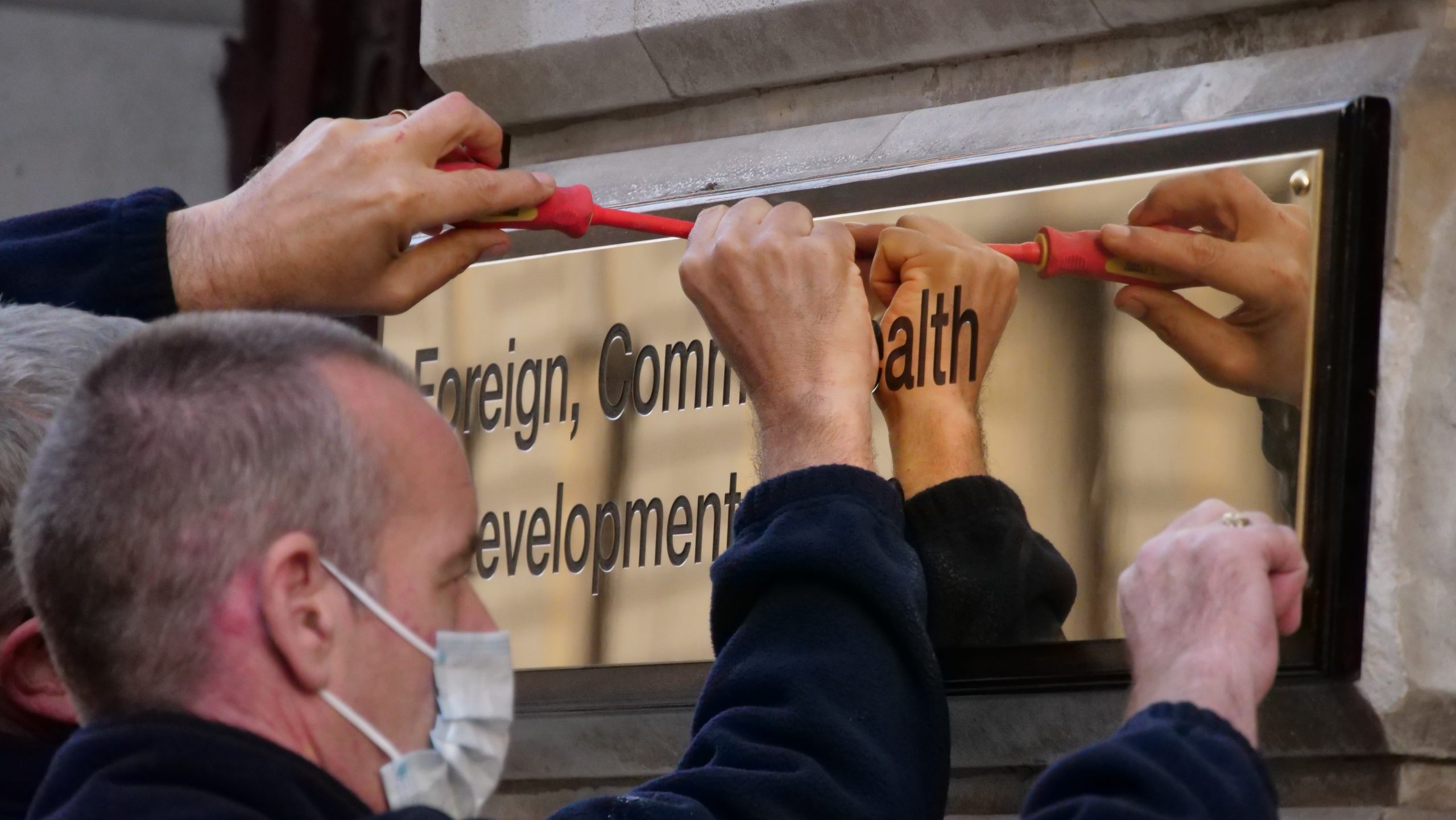Following the merger of the FCO and DFID into a single Department to be known as the Foreign, Commonwealth and Development Office (FCDO), the task of integrating policy and programmes is underway. By all accounts, this task has taken on the characteristic of a number of choices – understandable against a backdrop of resource constraint. But perhaps these choices are not as binary as they might first appear?
Where to focus?
Both FCO and DFID had, to a large degree, settled on where and how they wanted to focus. These separate choices did not always align, but they muddled along. But both organisations found that despite their best efforts, events distracted them. And so it will be for the FCDO. Centre right thinking, perhaps with an eye to economic advantage and the likely crucible of future security and trade concerns are urging HMG towards an Indo-Pacific Tilt. This is an understandable and attractive idea which allows the UK to move on from the baggage of post World War II accommodations. A surge into new markets, new ideological contexts and new partnerships must seem like a brave new world for the policy makers in King Charles Street.
But the problem will turn out to be that the rest of the world will still pluck at HMG’s coat sleeves, demanding or requiring attention. There are viable markets to develop elsewhere; and there are other places in which UK interests – and the safety and welfare of its citizens – might be threatened. And to resource any tilt there will be tendency to declare that the UK’s work in some areas is done – poverty tackled; insecurity stabilised; etc. Although there is no suggestion that UK support to it might be in danger, Malawi offers a potential case study. Small, poor but hardly on the UK’s Richter scale, it might be the kind of place from which resources are diverted to support greater, more immediate priorities elsewhere. But look around 500km to the east to another safely boring location: northern Mozambique. Only now that part of the world looks to be in danger of falling to extremism, posing a threat to stability in the wider region and to some substantial hydro-carbon investments.
As in all good pantomimes – although, perhaps not in 2020 – it turns out that the bad guy is almost always behind you. Where, why and how HMG focusses its activity in the future will therefore likely to prove to be more a function of events and timeframe than ideology or plan.
Results vs influence
There also seems to be a discussion about whether aid results or influence are more important. But this seems an odd discussion to be having. Good aid results can reinforce influence; and well managed influence can reinforce aid results. Surely the two are symbiotic?
It is the case that in the past DFID seemed reluctant overtly to service UK influence (other than within the admittedly large and useful development community) by allowing its programming to be “double tapped” for wider benefit. But this reticence can be safely managed. The symbiosis between aid results and influence, then, is as much a function of perspective and narrative as anything else.
Force for Good
Global Britain wants to be a “force for good” in the world. Armed with its values and a self-defined sense of savoir faire, it wants to carve a new path for itself and its allies. And rightly, the UK will seek means beyond just money to advance its cause. But no matter how resource starved it feels, it will still be in the top 10% of global economies. The question then is how to harness its range of assets – including the soft power of its cultural and sporting sector alongside its trade, its history and its hard power – to advance that mission? There is no tension between money and being a “force for good”. But the essence of both is what you do with it. And the answers will lie in the quality of partnership which the UK offers to others.
Beyond aid
An enduring tension with the FCDO is likely to be the desirability of “aid” vs other forms of intervention such as trade. But this is a false tension. Some problems will continue to need to be address by aid; and others will lend themselves to better trade. Better, more rules-based systems are good for all. The key challenge here is not to abandon some of the tools in HMG’s toolkit, but to get better at using them all in an integrated and insightful manner. This may well turn out to be more of an issue of being good at spotting opportunity and potential than an ideologically expressed preference.
The essence of future engagement
As FCDO comes to draw on and hone the assets of its combined experience and capability, it will increasingly expect its partners to be able to speak to its interests and concerns more directly. This will require its implementors – many of whom will hail from the development sector – to develop some unfamiliar skills:
• Narrative. When FCDO money is spent well, it will need to be very clear to all how the activity which it buys adds value across the range of HMG strategic interests. Poverty reduction, humanitarian response, cultural engagement, trade, defence can all be blended into a single narrative along with UK benefit.
• Insight. And when FCDO money is spent on activity, it will be important to be clear that there is an insight or learning dimension to what it does, mostly related to better understanding what works and what does not. The audience for this insight should be broader than just the community of implementors of paid for activity. It should include the wider diplomatic and political relationships serviced by HMG across the board.
• Influence. And that narrative and insight should combine to deliver influence for HMG. Change is usually a product of technical inputs plus individual motivation and organisational opportunity. Blending these three dynamics into a coherent whole aligned with HMG strategic intent will be essential to mounting an argument for why and how HMG engages, which in turn can be turned to advancing the UK’s influence.


Leave A Comment